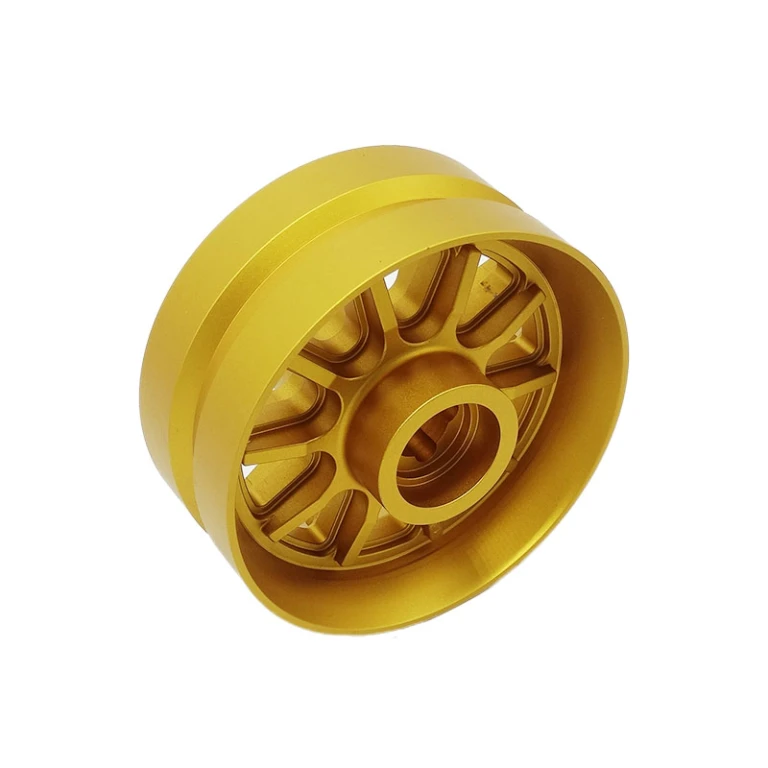Titanium Introduction:
Titanium is a versatile and highly sought-after material in the aerospace, automotive, and medical industries due to its excellent strength-to-weight ratio, corrosion resistance, and biocompatibility. However, titanium can be notoriously difficult to machine due to its high strength, low thermal conductivity, and chemical reactivity. This is where CNC (Computer Numerical Control) machining comes in.
Importance of CNC Machining:
CNC machining is a precise and efficient manufacturing process that utilizes computer-controlled machines to remove material from a workpiece. When it comes to titanium, CNC machining is crucial for achieving tight tolerances and complex geometries that are necessary for many high-precision applications.
Techniques in Titanium CNC Machining:
There are several techniques that are commonly used in titanium CNC machining to ensure optimal results. These include high-speed machining, which involves using high cutting speeds and feeds to minimize heat buildup and extend tool life. Titanium is a heat-sensitive material, so controlling temperature is essential for preventing work hardening and tool wear.
Another important technique is using sharp cutting tools with high wear resistance. Titanium is known for its abrasive properties, which can quickly dull cutting tools. Therefore, using carbide or cermet tools with coatings such as TiN, TiAlN, or AlTiN can help prolong tool life and maintain cutting performance.
In addition, using proper cutting parameters such as cutting speed, feed rate, and depth of cut is essential for achieving optimal results in titanium cnc machining. By optimizing these parameters based on the specific characteristics of titanium, machinists can minimize tool wear, reduce machining time, and improve surface finish.
Applications of Titanium CNC Machining:
When it comes to applications, titanium CNC machining is widely used in industries that demand high strength, precision, and quality. In the aerospace industry, titanium components are essential for aircraft structures, engines, and landing gear due to their high strength-to-weight ratio and corrosion resistance.
In the medical industry, titanium is a popular choice for orthopedic implants, dental prosthetics, and surgical instruments due to its biocompatibility and durability. CNC machining allows for the production of custom-made titanium implants that perfectly fit the patient’s anatomy, leading to faster recovery times and improved patient outcomes.
In the automotive industry, titanium components are used in high-performance vehicles for their lightweight and high-strength properties. From engine parts to exhaust systems, titanium CNC machining is crucial for producing high-quality components that meet the demanding performance requirements of the automotive industry.
Conclusion:
Overall, understanding the techniques and applications of titanium CNC machining is essential for manufacturers looking to leverage the unique properties of titanium for their products. By utilizing the right tools, cutting parameters, and machining strategies, machinists can ensure optimal results when working with this versatile and challenging material. Whether in aerospace, medical, automotive, or other industries, titanium CNC machining plays a vital role in driving innovation and pushing the boundaries of what is possible in high-precision manufacturing.
